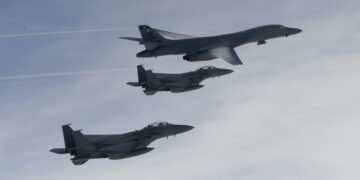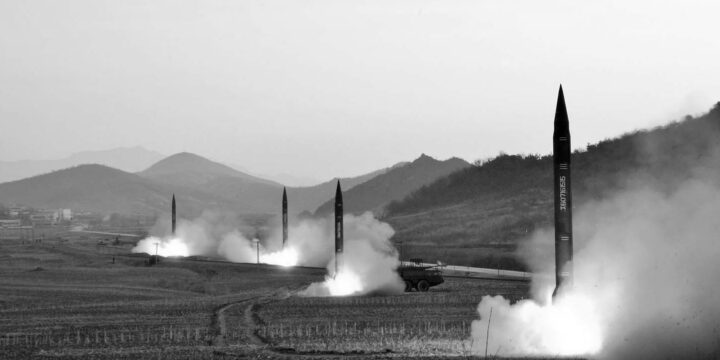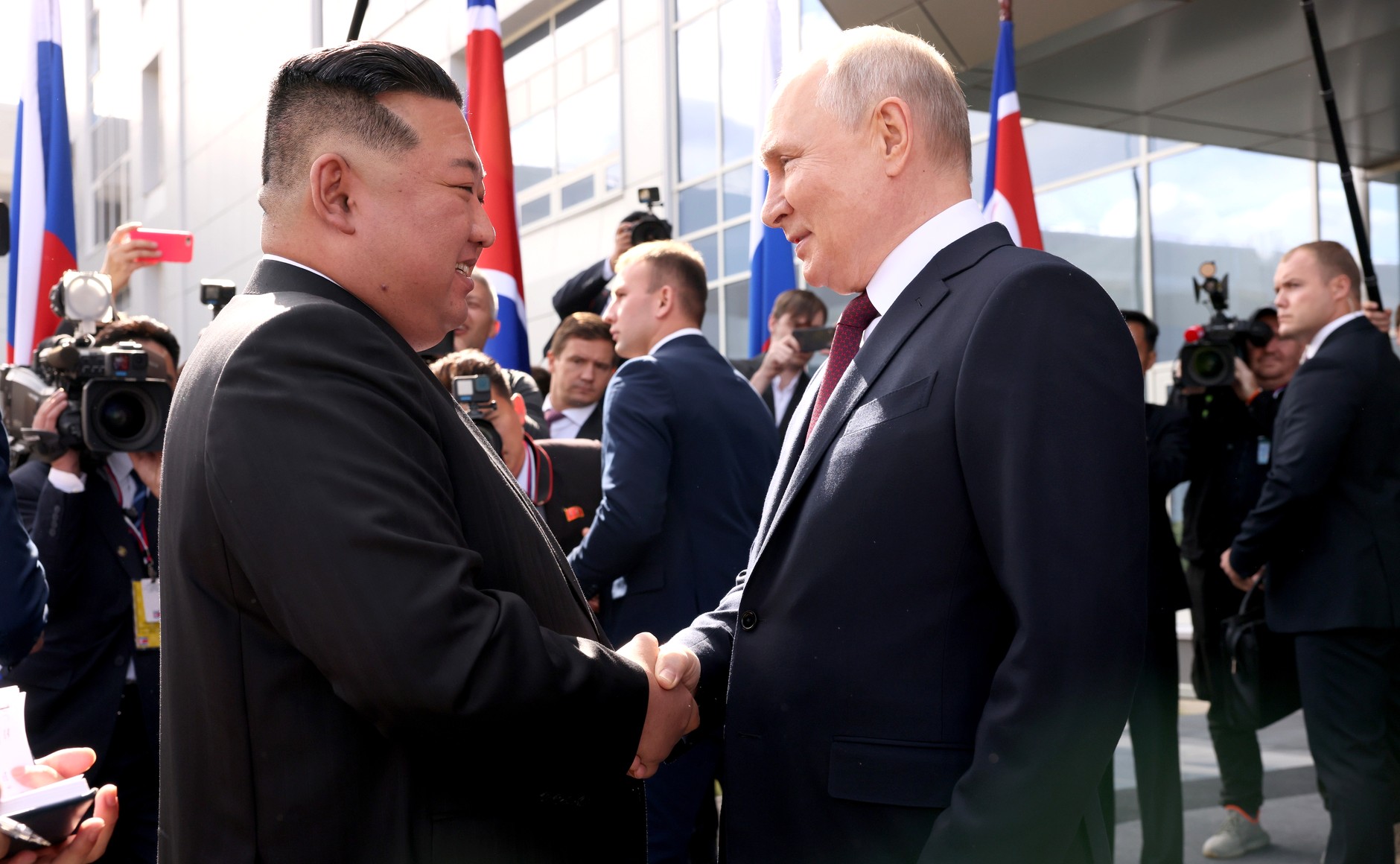
Russian President Vladimir Putin’s visit to North Korea back in June created substantial unease in both the United States and among Washington’s allies. The notable presence of many Asian leaders, including South Korean President Yoon Suk-yeol, at the NATO anniversary celebrations in Washington last week is another reminder of the major reverberations of the “New Cold War” spreading from Europe into the Asia-Pacific.
The cozy relationship between Moscow and Pyongyang is hardly new. North Korea owes its very existence to decisions made in the Kremlin in the years immediately following World War II, of course. Notably, Putin visited North Korea in one of his first trips as Russia’s president and he has consistently over the last two decades called for U.N. sanctions against North Korea to be watered down. What is dramatically new, however, is that North Korea now has substantial leverage in this relationship since Russia is badly in need of North Korean munitions to continue its war against Ukraine. Reportedly, 11,000 containers of North Korean artillery shells, short-range missiles. and other war materials have been shipped to Russia since September 2023.
Nevertheless, it’s worth underlining that South Korea retains a very favorable balance of power over North Korea in almost all respects. South Korea has double the population and its economy is almost 60 times larger than North Korea’s. South Korea has much more technologically sophisticated conventional forces in all the major domains of military power: on land, in the air, at sea, as well as with respect to information and drone capabilities. In addition, Seoul’s very close alliance ties to both Washington and Tokyo ensure it remains in an unassailable position. Nor should we discount South Korea’s immense “soft power,” not least K-pop. This and other dynamic cultural strengths in Seoul’s favor ironically could prove most threatening to Pyongyang over the long term.
More on Asia
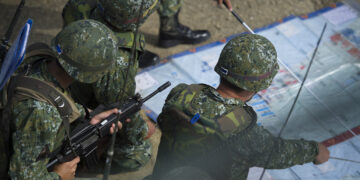
Featuring Jennifer Kavanagh
October 4, 2025

Featuring Jennifer Kavanagh
September 29, 2025
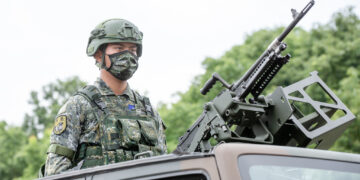
Featuring Lyle Goldstein
September 26, 2025
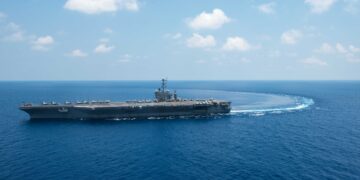
Featuring Lyle Goldstein
September 24, 2025
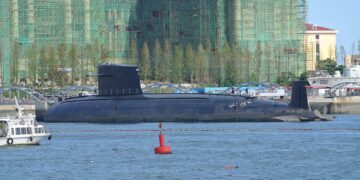
Featuring Lyle Goldstein
September 22, 2025

